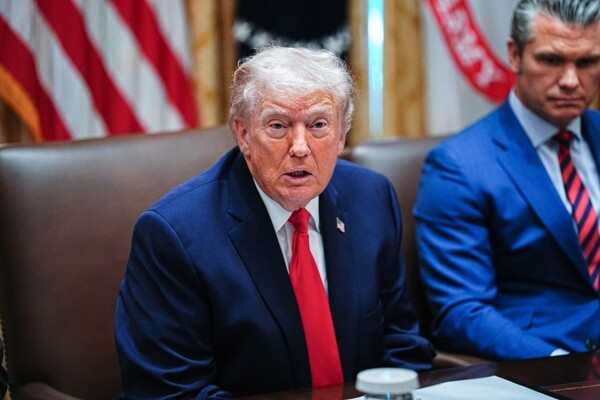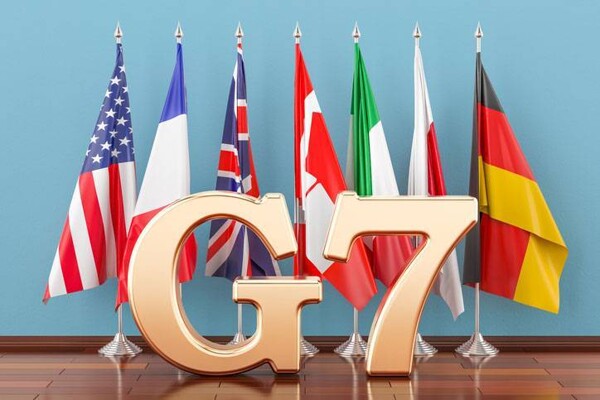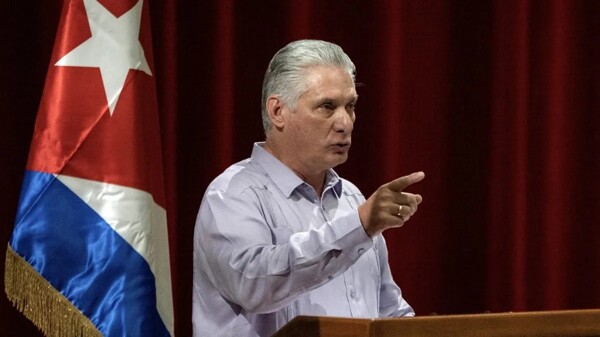
Donald Trump, recently inaugurated as president of the United States, plans not to reveal specific tariffs for China on his first day in office, opting for a negotiating approach rather than starting a new trade war, according to sources close to the issue. The Trump administration would begin with a possible compromise with Beijing instead of an immediate confrontation.
During his first term, Trump imposed tariffs worth 380 billion dollars on imports. His current approach aims to study tariff policies and trade relations with China, Canada, and Mexico before imposing new tariffs. His idea is to create an external revenue service that collects tariff revenues, although it is unclear how it will differ from the current federal system.
Although Trump had threatened aggressive tariffs during his campaign, the tone is now more moderate. His initial approach will avoid the immediate imposition of new tariffs, preferring to study the feasibility of future tariff actions in the coming weeks or months. Analysts state that the tariffs planned by Trump will have a significant impact on the U.S. economy.
The decision to postpone the implementation of tariffs on China on his first day in office reflects a shift toward a dialoguing approach and a willingness to reach an agreement with Chinese President Xi Jinping. Trump has indicated that he could sign nearly a hundred executive orders on his first day, some of which would focus on curbing inflation and reducing regulations, especially those related to the hydrocarbon industry.
Despite Trump's current stance, some sources warn that the president could quickly change his mind and decide to return to his original plans for confrontation with China. Many economists express skepticism about the effectiveness of possible tariff measures to close the trade deficit, stimulate production, or resolve existing crises.














